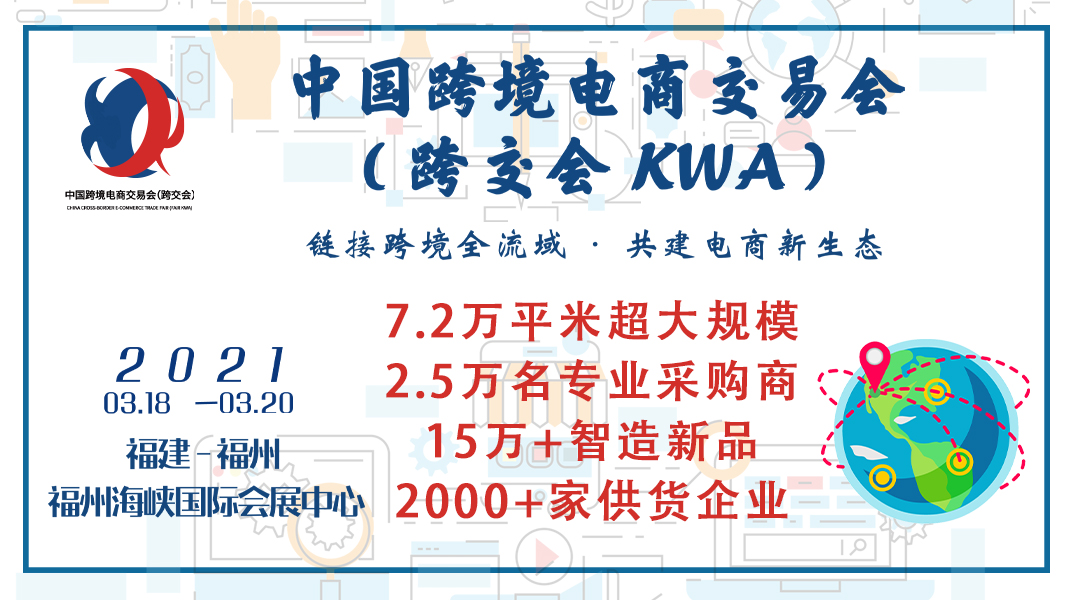Views: 0 Author: Site Editor Publish Time: 2021-01-22 Origin: Site








The UK's e-commerce market has developed very maturely. This year, the GMV brought by the UK's e-commerce market has accounted for 30.9% of its entire retail industry, second only to China (41.2%). The UK's logistics policy, delivery and warehousing infrastructure, etc. Relatively speaking, it is relatively complete.The epidemic has promoted the development of online transactions in the UK. At the same time, the number of online shopping consumers in the UK is also rising.

At present, the UK is still the largest e-commerce market in Europe.Many sellers in the European and American markets are very concerned about the impact of Brexit, because starting from January 1 this year, the UK will officially leave the EU.After four and a half years of negotiations between the UK and the EU, it has finally come to an end.This year’s British market is destined to be different from previous years. There are several changes that sellers and friends need to pay attention to!
Changes to VAT regulations
From 1 January 2021, UK and EU VAT rules on imported goods and some goods within the EU that meet certain circumstances will change to ensure that goods originating from outside the UK are subject to the same VAT as goods already in the UK. .If the seller is shipping to a UK customer from outside the UK:
consignment valueUnder £15For products, the previous value-added tax exemption policy has been cancelled, and all products sold by the seller are required to pay value-added tax;
The value of the consignmentNot more than £135, e-commerce platforms such as Amazon will be required to collect and remit applicable VAT according to the requirements of the British tax authorities;
The value of the consignmentOver £135, then as currently, sellers will still be responsible for paying VAT and all import duties themselves.
Tariffs will be significantly reduced
On May 19, 2020, the United Kingdom announced a new tariff mechanism after the end of the 'Brexit' transition period to replace the EU's external tariff system that had been implemented.The new tariff system will be implemented from January 1, 2021, reducing or eliminating various tariffs. Under the new system, 60% of the UK's trade enjoys tariff-free treatment in accordance with World Trade Organization (WTO) terms or through existing preferences.
From January 1, 2021, many products such as dishwashers, refrigerators, Christmas trees, LED lights, bicycle inner tubes, etc. can enter the UK duty-free.Agricultural products such as beef, mutton, and poultry will continue to maintain existing tariff levels.
CE changed to UKCA mark
Starting from January 1, 2021, the UKCA (UK Conformity Assessed) logo will become the new British product logo.Most of the products previously covered by the CE mark will need to switch to or apply for the UKCA mark after Brexit before they can enter the British market.It should be noted that Northern Ireland is not included, and the UKCA logo only applies to Great Britain (England, Scotland and Wales).In addition, the rules require that the CE mark that is the same as the UKCA mark can continue to be used until January 1, 2022, but the British government encourages manufacturers to switch to the UKCA mark as early as possible.
EU representative/after-sales address no longer applies to the UK market
The new EU regulations 'Market Supervision and Commodity Compliance Regulations' will take effect on July 16, 2021.This new regulation requires that products bearing the CE mark need to have a person located in the EU as the product compliance contact (hereinafter referred to as the 'responsible person').At that time, products with CE certification will need to have corresponding product identification and the contact information of the person in charge of the EU.
In addition, related to Brexit, from January 1, 2021, the EU representative/after-sales service address is no longer applicable to the British market. In the British market, it must be [UK representative] instead of [EU representative].
Cross-border customs clearance between the UK and Europe will become complicated
The British and European markets need to stock separately
After the UK leaves the EU, cross-border goods from the UK and Europe will need to go through repeated customs clearance and tax procedures.Affected by this, Amazon Logistics Europe Integrated Service (Pan-EU) inventory transfer/transshipment between the UK and the EU has been stopped.
Judging from the above changes, 'Brexit' affects not only British sellers, but also sellers in EU member states.Changes in policies and taxes may affect the whole body. This also reminds us that we must pay attention to the control of each link in the industrial chain. When formulating business strategies, sellers must consider putting eggs in different baskets and deploying different platforms and target markets. Only by combining strategies in various aspects such as channels, logistics, and funds, and operating safely and compliantly can unexpected risks be reduced.

Nowadays, it has become a trend for brands to go overseas. The signing of the RCEP free trade zone and the good momentum of global cross-border e-commerce development have given sellers more 'baskets' to put their eggs.Localized cultural differences and regulatory requirements have created consumer experience needs in the localized market. As an enterprise that has been immersed in the field of cross-border payments for many years, Oceanpayment Qianhai meets the localized needs of cross-border commerce by developing globally differentiated products and services. Help cross-border sellers go overseas safely and protect the safety of your funds.


